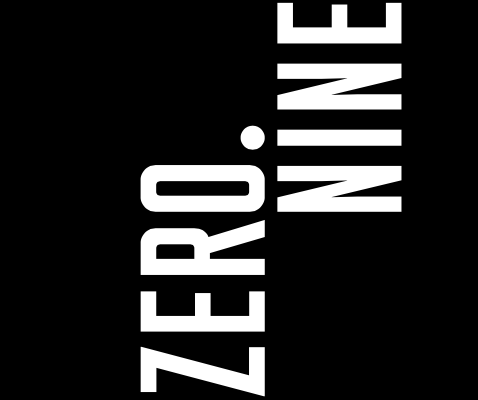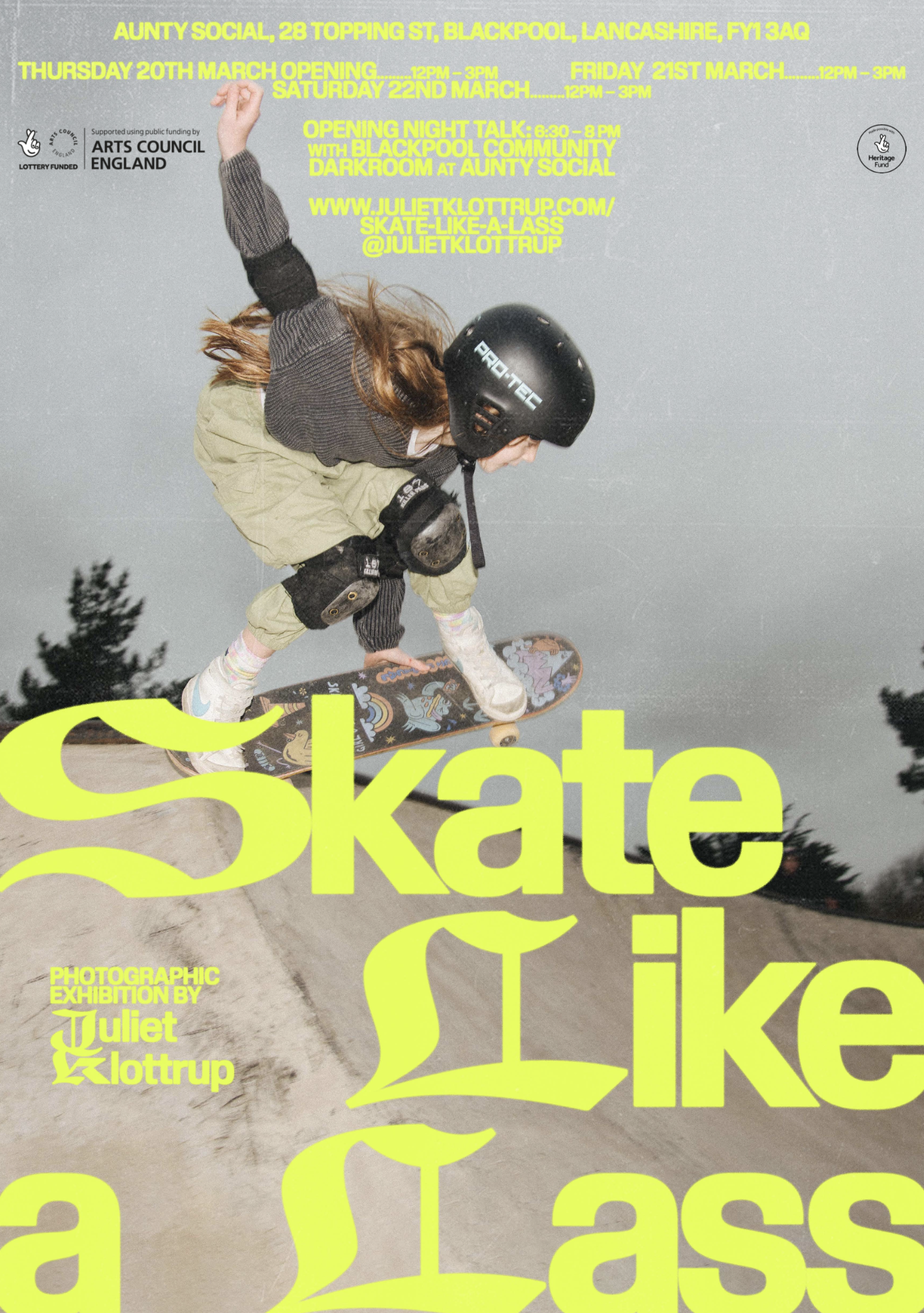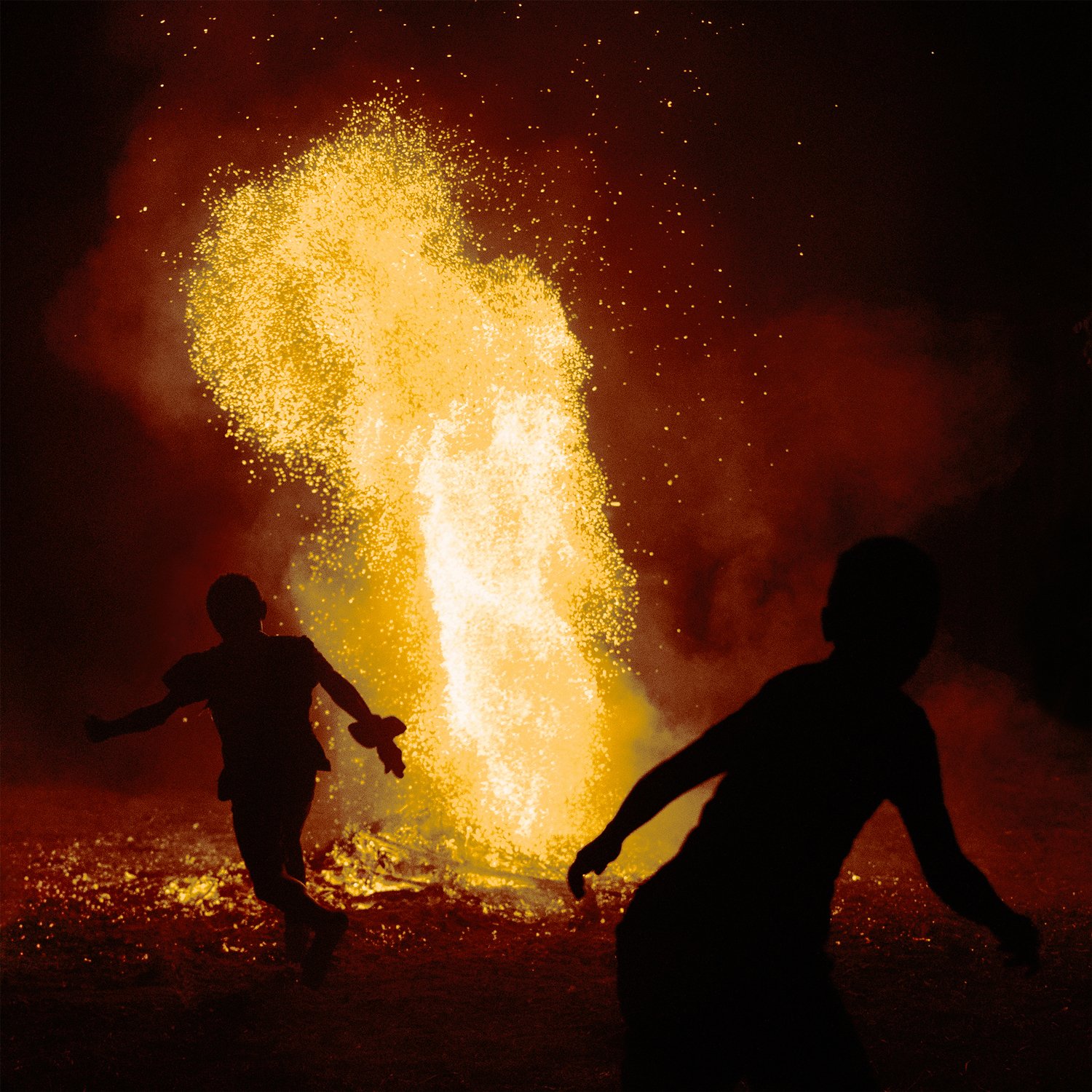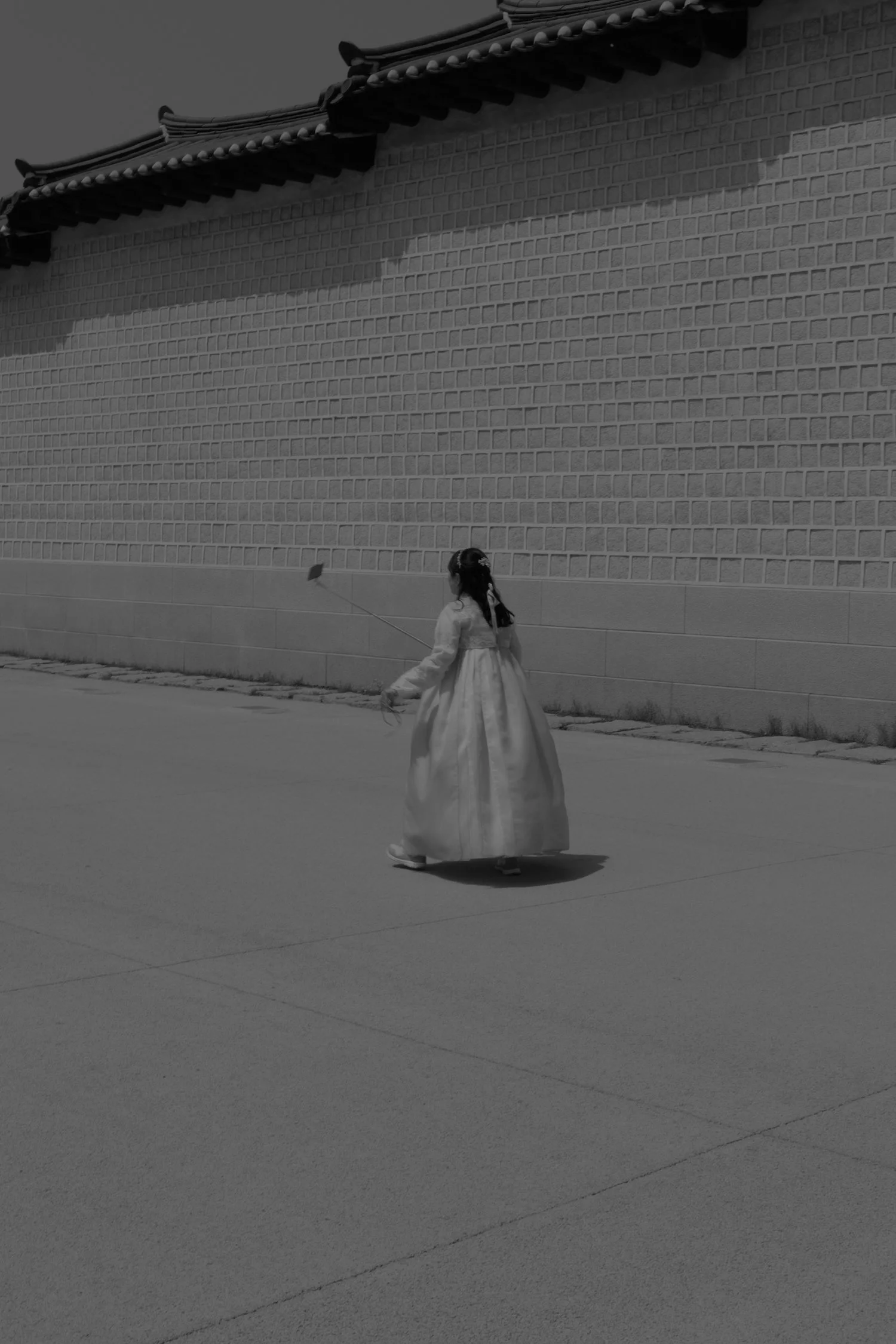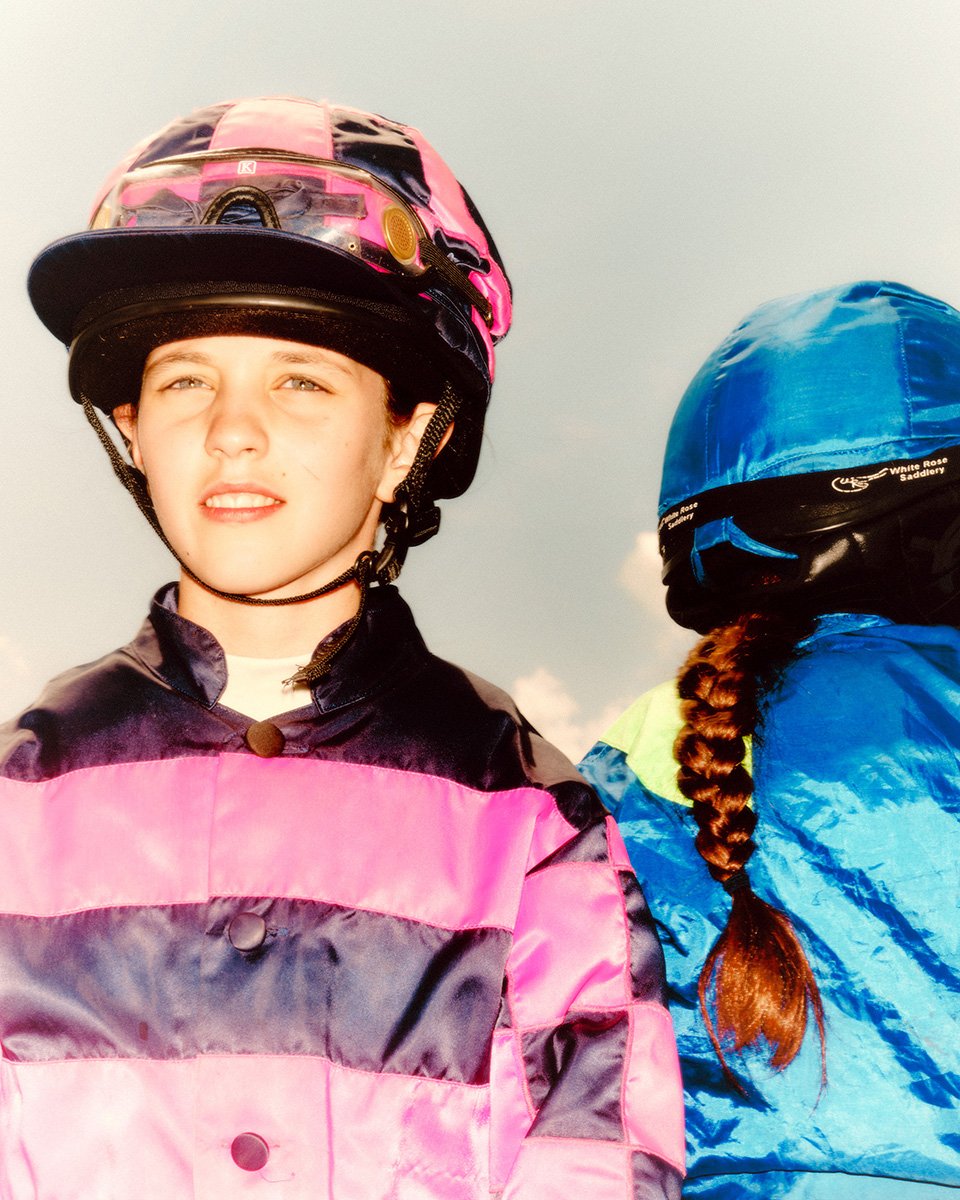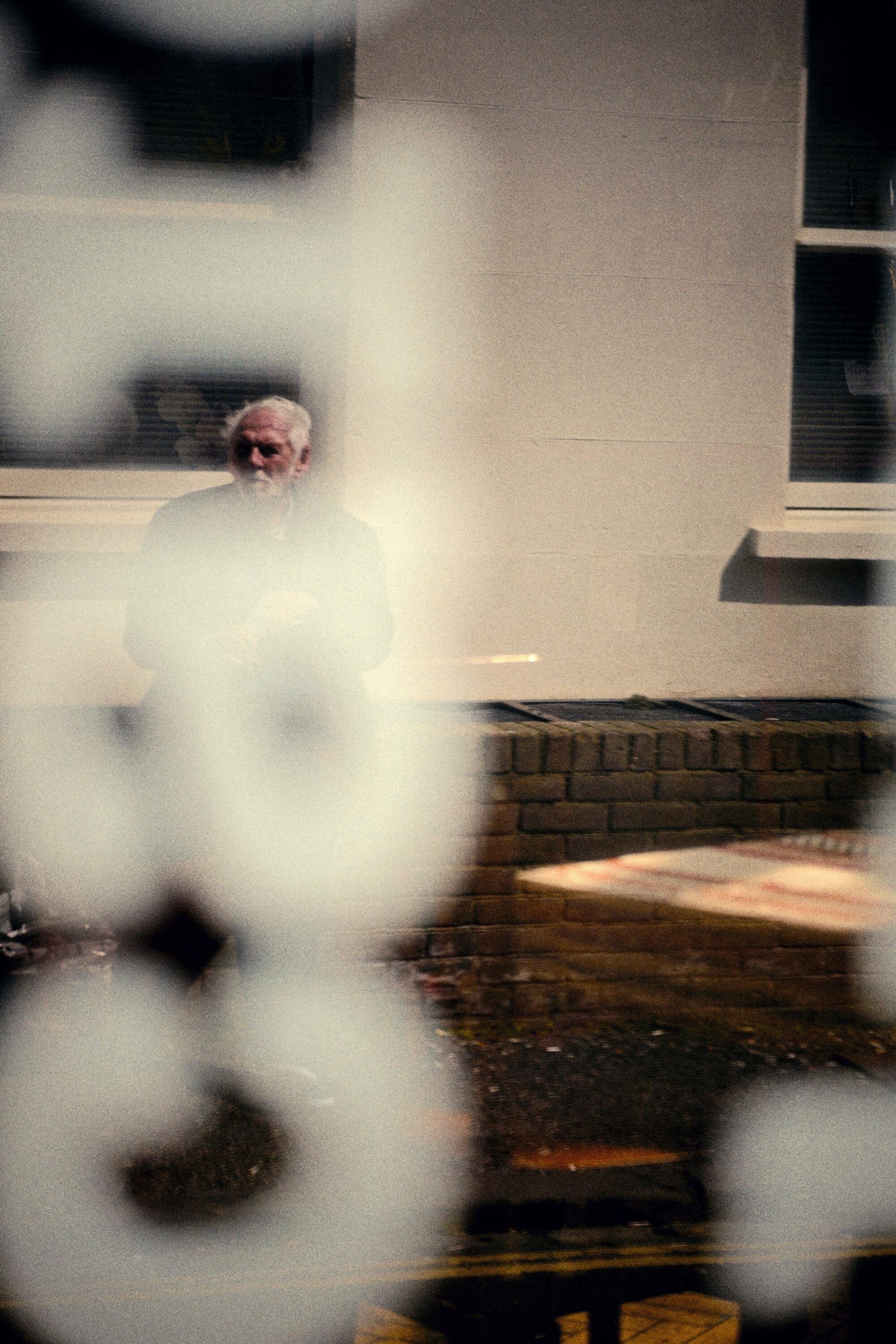Skate Like a Lass
Over two years, photographer Juliet Klottrup immersed herself in the evolving grassroots skateboarding communities of Northern England, documenting spaces that empower female, marginalised, and LGBTQI+ individuals. Through her lens, she captures how these collectives redefine skateboarding as a force for inclusivity, turning it into a platform for self-expression, freedom, and resilience while reshaping the sport’s cultural landscape.
Photography Juliet Klottrup Skateboarding has long been associated with rebellion and counterculture, a space where self-expression thrives beyond societal norms. However, for decades, its history has been dominated by a singular perspective. One that often overlooked the experiences of female, marginalised, and LGBTQI+ individuals. In Northern England, grassroots skateboarding communities are challenging this legacy, creating inclusive spaces where skating is not just an act of defiance but a vehicle for empowerment and collective support.
A New Era of Skateboarding
The locations featured are different North West cities, areas like Lancashire and Cumbria, skate crews are emerging with a shared purpose: to foster a culture of belonging. These collectives are redefining what skateboarding can be, shifting the focus from competition to collaboration. In a sport traditionally shaped by individualism, these communities celebrate the power of togetherness, encouraging people to show up as they are, without fear of judgment or exclusion.
For many, the act of stepping onto a skateboard represents more than learning a new skill—it becomes an assertion of identity. Whether carving through city streets or practising tricks in repurposed warehouses, members of these groups find camaraderie in shared experiences. Skating becomes a means of resistance against societal barriers, a space where self-doubt gives way to confidence and failure is redefined as progress.
Building Safe and Supportive Spaces
What sets these communities apart is their commitment to creating genuinely welcoming environments. Safe spaces within skateboarding aren’t just about physical locations, they are about attitudes, support networks, and the ability to exist without fear of discrimination. These collectives prioritize accessibility, mentorship, and emotional well-being, ensuring that new skaters feel encouraged rather than intimidated.
Workshops, open skate sessions, and meet-ups specifically tailored to underrepresented groups have become integral to this movement. Instead of gatekeeping knowledge and skills, these sessions emphasize mutual learning. It’s about more than perfecting a trick, it’s about showing up, falling, getting back up, and knowing that there’s a community cheering you on.
Failure as a Rite of Passage
One of the most profound aspects of these skateboarding communities is their embrace of failure. In a society that often stigmatizes mistakes, skateboarding offers a different philosophy: failure is expected, necessary, and even celebrated. Each fall is a step toward mastery, and every scraped knee is proof of resilience. This ethos creates a uniquely liberating environment where personal growth is valued over immediate success.
Shaping the Future of Skateboarding
As these grassroots movements continue to grow, they challenge traditional skateboarding narratives and inspire a broader cultural shift. Representation matters and the visibility of diverse skaters sends a powerful message to future generations: this space is for everyone. Through inclusivity and shared experiences, these communities are not only changing skateboarding culture but also redefining the meaning of freedom and self-expression.
By embracing diversity and rejecting exclusivity, these groups are carving out a future where skateboarding is no longer just a subculture—it’s a movement of acceptance, resilience, and boundless possibility.
“These groups have created safe spaces and welcoming environments, where skating is a tool for empowerment.”
About Juliet
Juliet Klottrup is an award-winning visual artist based in North West England. Using analogue photography and film, she documents social and environmental stories, collaborating with local communities to explore identity, belonging, and the connection between people and place. Her work, spanning still and motion images, focuses on youth, rural traditions, and community life. Her short documentary Travelling Home screened at BAFTA and BIFA-qualifying festivals, including London Film Festival, in 2024. She won the 2020 Portrait of Britain Award, was shortlisted for Portrait of Humanity, and in 2021, her film Youth of the Rural North was nominated for Best Documentary at the British Film Awards.
This has been supported by KODAK, LOMOGRAPHY, Arts Council and National Lottery.
To see more of her work, follow her on Instagram or visit her website.
